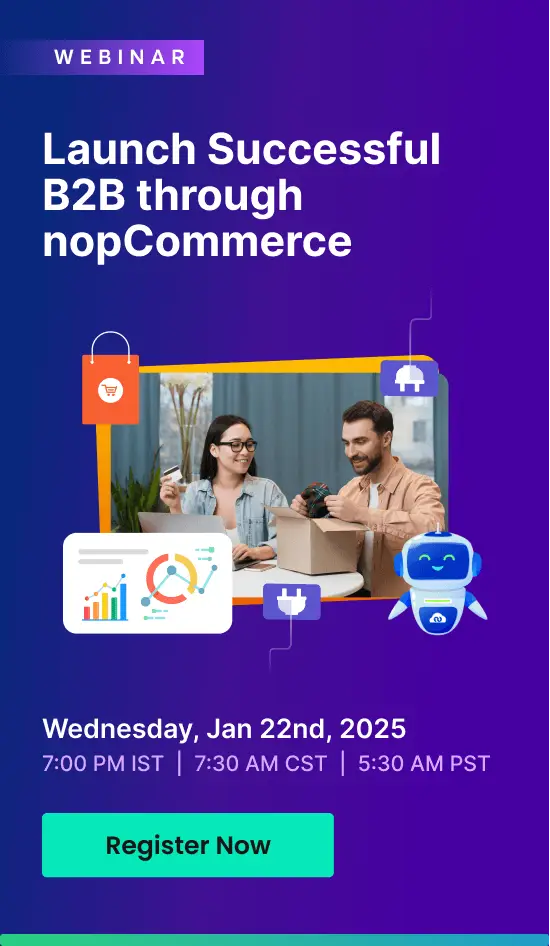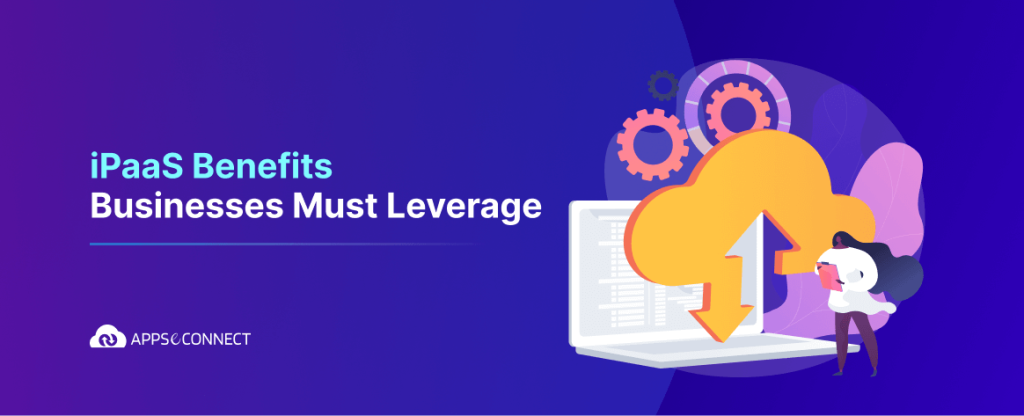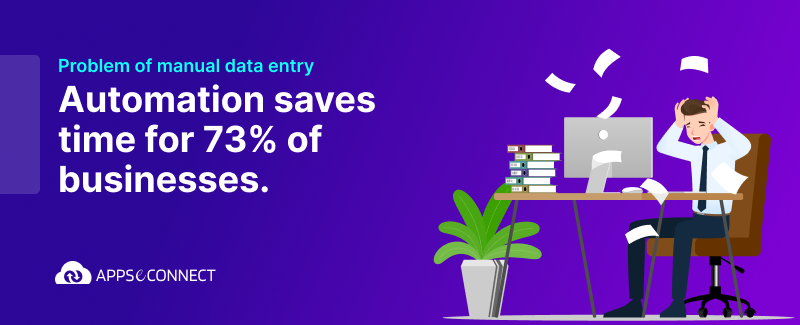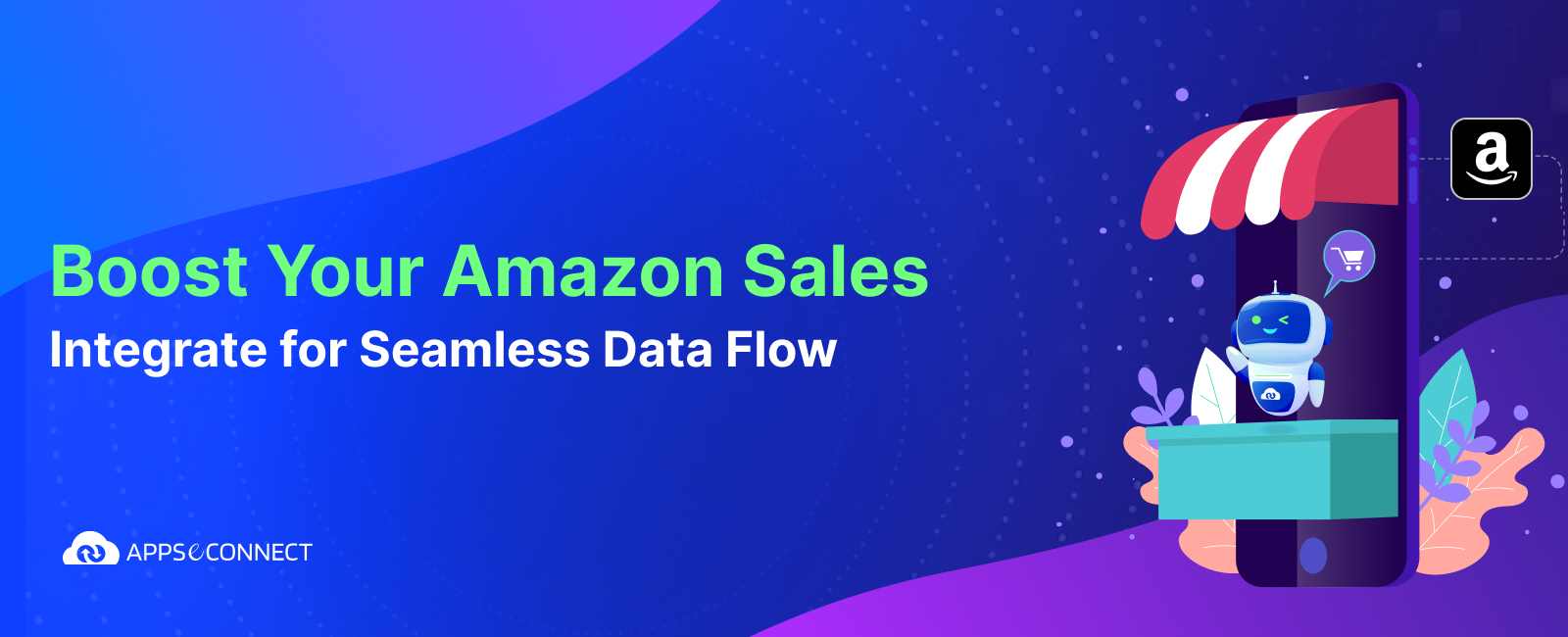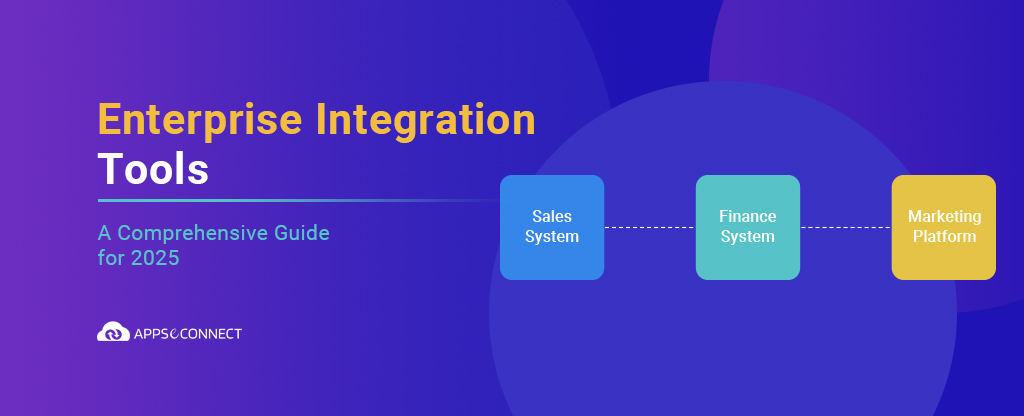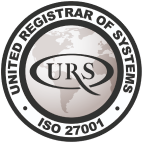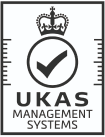Integration platforms working as a service have become an integral part of business automations. More businesses are adopting different SaaS applications to run their operations.
An iPaaS benefits businesses by connecting different apps and systems to remove data silos across several teams in the organization.
Companies are already recognizing the value of streamlined integration as the global iPaaS market is growing at 25.3% CAGR from 2024 to 2032.
As per the data published on Fortune Business Insights, the global integration platform as a service (iPaaS) market size was valued at USD 10.70 billion in 2023. The market is projected to grow from USD 12.87 billion in 2024 to USD 78.28 billion by 2032.
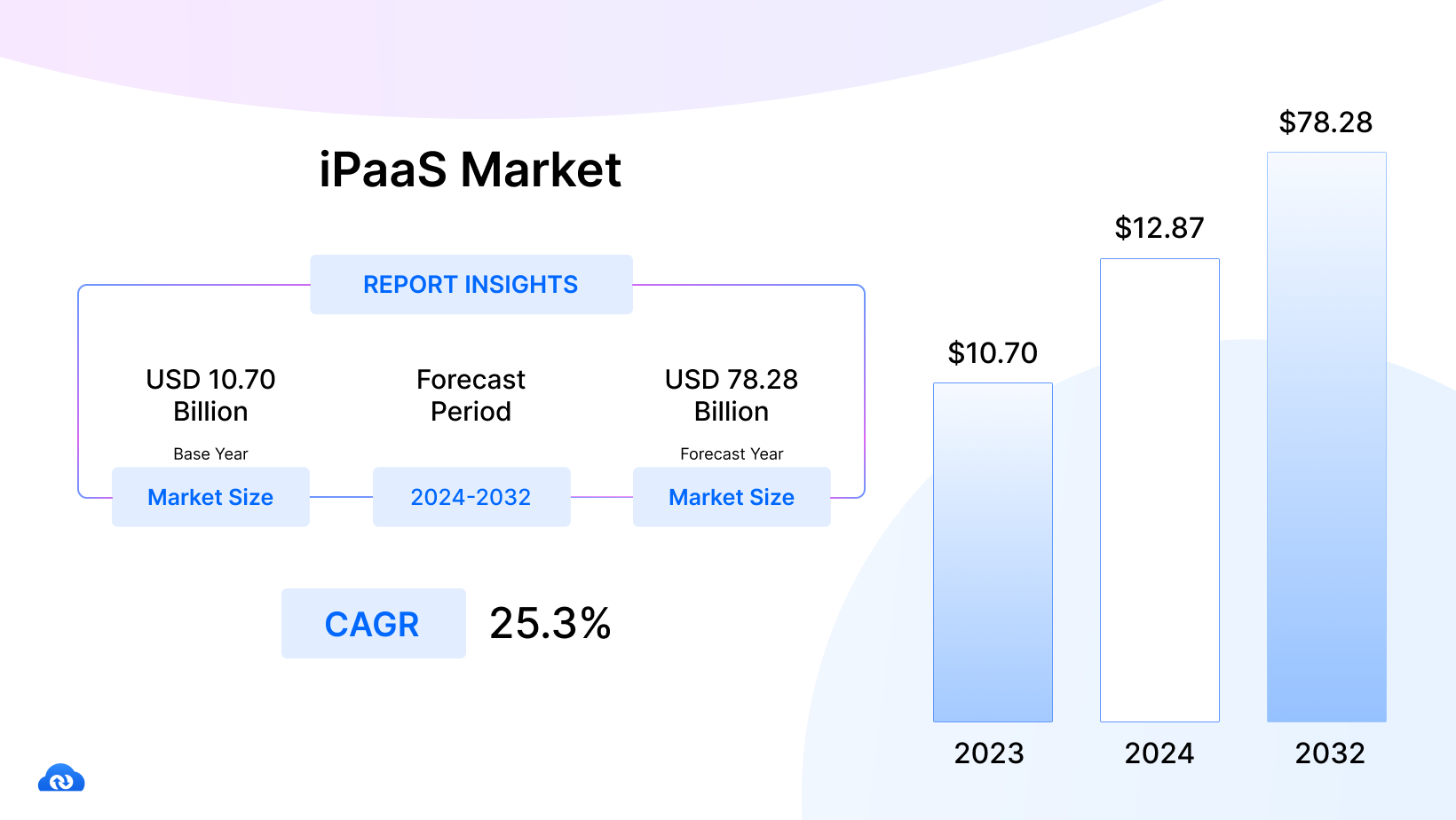
iPaaS offers low or no-code interfaces to allow both technical and non-technical users to optimize operations with ease.
But is that the end of the story?
Not really!
From improving productivity of your team to reducing operational costs, iPaaS comes with a plethora of benefits.
In this blog, we will discuss the top 7 benefits of iPaaS that your business must leverage today.
Whether you are running an eCommerce store, a retail business, or you are a part of the healthcare, BFSI or manufacturing industry, iPaaS benefits you in different ways.
What is iPaaS?
An integration platform as a service (iPaaS) is a cloud based application that helps businesses connect several software, systems and data sources.
These tools work as integration hubs to help data flow through different applications like ERP, CRM and other on-premises systems. You can use iPaaS to unify workflows, automate business processes and maintain data consistency.
Key features of the iPaaS solutions
- Apps connectivity: Offers seamless connectivity with CRMs, ERPs, databases and other tools.
- Low/no-code deployment: Best iPaaS solutions are easy to use and makes integration accessible for both techies and non-technical users.
- Real-time data sync: Ensures the updated data are in sync right from the first-go.
- Scalable infrastructure: iPaaS works as a scalable solution for managing your growing application needs as your business scales.
- API management: iPaaS makes the process of API creation, deployment and management easy for businesses of all sizes.
What are the benefits of integration platform as a service?
iPaaS benefits are multifaceted. From streamlined integration to enhanced data security, iPaaS offers several advantages to businesses.
Here is how companies can benefit from using an iPaaS on their existing system:
1. Offers streamlined integration across tools
From CRMs like Salesforce to ERPs and marketing automation platforms like SAP and HubSpot respectively, modern businesses depend on all these SaaS tools for business automation.
Without proper integration these automated systems work in silos resulting in data discrepancies and inefficiencies across teams. iPaaS fixes this by integrating these systems for real-time data sync.
For example, lets say you need integration with Salesforce and the HubSpot CRM tool. An iPaaS solution can sync customer data between the two platforms in real-time. So, your marketing efforts don’t go to waste and the sales teams can access leads and nurture with timely follow-ups.
2. Ensures cost efficiency
Cost efficiency is one of the major iPaaS benefits that businesses can get right from the day one.
Traditional integrations require large upfront investments in hardware, software licenses, and specialized human resources. Additionally, a manual integration also comes with ongoing maintenance requirements and operational costs.
On the other hand iPaaS is a cost-efficient alternative to traditional integration systems. These tools are cloud based and have a pay-as-you-go subscription based pricing structure. It makes iPaaS scalable since you will pay only for the resources you use while avoiding expenses of overprovisioning.
For example, AeroPrecision, a leading aerospace components manufacturer, used APPSeCONNECT’s iPaaS solution to integrate their CRM, ERP, and supply chain systems. This reduced their integration and maintenance costs while increasing operational efficiency through real-time data sync.
3. Brings enhanced agility and scalability
Be it retail or manufacturing or any industry for that matter, operational bottlenecks lead to missed opportunities. Traditional integration systems lack flexibility and can’t respond to the evolving demands of your business.
Scaling through a custom integration often involves costly hardware upgrades and extended downtimes. In fact businesses looking for seamless global expansion face additional challenges such as managing multi-region integrations and complying with diverse regulatory requirements.
iPaaS addresses these issues by providing a cloud-based, scalable solution that adapts effortlessly to your growth needs.
With iPaaS, businesses can rapidly deploy new integrations without extensive infrastructure changes. Therefore, as your company grows, your integration capabilities scale in tandem, maintaining consistent performance and operational efficiency.
Niagara Warenhandels GmbH is a leading specialty retailer based in Cologne, Germany. They wanted to expand their online presence to cater to a growing B2B and B2C customer base.
Initially, they used WooCommerce for their webstore and SAP Business One for backend operations. However, the lack of integration between these platforms resulted in slow, manual data transfers, causing inefficiencies and hindering scalability.
By implementing APPSeCONNECT’s iPaaS solution, Niagara Warenhandels transformed their inventory and invoice processing. The seamless integration between WooCommerce and SAP Business One enabled real-time, bidirectional data synchronization.
4. Improves data quality and how data is managed
Accurate and consistent data management is essential for maintaining efficient business operations and informed decision-making. Traditional integration systems often lead to data silos and discrepancies.
When you follow manual data entry processes it increases the risk of errors and compromises data integrity. These inconsistencies can result in misguided strategies and operational inefficiencies.
iPaaS benefits businesses by automating data synchronization across all integrated platforms, and ensures real-time accuracy. Thus your business doesn’t depend on manual data handling, reducing errors significantly.
Centralized data management with iPaaS enhances data governance capabilities allowing for better control and compliance. With iPaaS, data is validated and cleansed automatically, maintaining high quality standards.
Learn more on how disconnected data harms your business operations.
5. Streamlines operations
Operational inefficiencies can significantly hamper business performance. It leads to increased costs and reduced productivity. Traditional integration systems often result in fragmented workflows and redundant processes.
Without seamless integration, businesses struggle with delays, errors, and lack of coordination across departments. These challenges impede the ability to deliver timely products and services, affecting customer satisfaction and overall competitiveness.
iPaaS optimizes operations by automating workflows and unifying disparate systems. It ensures that data flows seamlessly between applications, eliminating manual interventions and reducing the risk of errors. This automation not only accelerates business processes but also enhances accuracy and reliability.
6. Offers superior customer experience
As a company the only way you can build loyalty and bring repeat customers for your business is by offering exceptional services to your customers. However, disconnected systems can lead to delayed responses and inconsistent interactions with your customers.
Without seamless integration, your support team cannot provide timely, personalized responses to customer questions.
Eventually it will result in frustrated customers as well as lost sales opportunities. iPaaS solutions link all your customer-facing apps. This keeps your customer data up-to-date and accessible for your team members.
For example, Amerizon Wireless case study shows that the company improved customer satisfaction as their order fulfillment cycle time went up by 80%. They used an iPaaS solution to link their eCommerce store on Adobe Commerce with the SAP B1 ERP system.
7. Enhances API management
Managing a large number of APIs can be challenging and overwhelming especially if you are taking care of things manually. It may expose your systems to security threats including unauthorized access and data breaches.
While maintaining integration processes manually your system will lack centralized monitoring. That’s how it becomes hard to track the API usage, performance and potential issues in real time.
iPaaS benefits businesses by offering comprehensive API management capabilities. These platforms come with features like API gateways, authentication protocols, and analytics to improve API lifecycle management.
What are the top use cases of iPaaS?
iPaaS solutions are required wherever there is a need to break data silos and ensure automated workflows across diverse tech stack. Following are the top use cases of iPaaS solutions businesses across different industries can leverage:
1. Connects CRM and marketing automation tools
One of the most common use cases of iPaaS is to sync customer data between a CRM (like Salesforce or HubSpot) and marketing automation platforms (e.g. Marketo or Mailchimp).
iPaaS ensures contact details, engagement metrics, and leads flow seamlessly between systems so that marketers always have access to the latest information.
That’s how they can approach customers with targeted campaigns and better nurturing strategies.
2. Integrates E-commerce with back-office systems
E-commerce businesses rely on iPaaS to connect online storefronts like Shopify, Adobe Commerce with ERP or inventory management tools such as SAP.
For example, think of a quick commerce platform that sets prices dynamically based on users demographics, purchase history, and browsing behavior.
Without having proper integration the pricing engine used in their e-Commerce store won’t be able to pull fresh data from multiple sources such as loyalty programs, real-time inventory status, or competitor pricing feeds whenever a customer opens the product page.
iPaaS solutions can help retailers to instantly combine the personalized data from the CRM, ERP and the external analytics tools to offer personalized, up-to-the-minute prices.
As soon as a user logs in the platform can retrieve previous purchase data, check current stock levels, apply location-based adjustments to reflect the tailored price on the storefront.
3. One dashboard view for analytics and reporting data
iPaaS can bring together data from multiple analytics platforms, social listening tools and content management systems into one reporting dashboard.
Marketers and decision makers can see performance metrics in one place – without having to pull data from multiple sources manually.
4. Improve lead to cash process
By connecting CRM, marketing automation, quoting, billing and finance solutions, iPaaS can automate the entire lead to cash process.
Marketing sourced leads can flow into the sales pipeline, quotes can generate invoices automatically and payment updates can flow back into the CRM, making everything more efficient and reducing errors.
5. Sync between hybrid and multi-cloud systems
For organizations that use on-premises solutions and cloud-based applications, iPaaS can bridge the gap. It integrates legacy systems with modern SaaS tools, so data is consistent and processes continue even as you move to new technologies.
6. Better customer support and service
Connecting ticketing systems (like Zendesk), CRM platforms and knowledge bases via iPaaS means customer service reps have instant access to customer history and product information.
Thus businesses can ensure faster resolution, better customer experiences and more informed service interactions.
7. Omnichannel Marketing
iPaaS can sync data from email marketing, social media advertising platforms, event apps and content management systems. Marketers can then deliver campaigns across multiple channels, in one place, with consistent messaging across platforms.
Conclusion
iPaaS has already emerged as the key to seamless integration, operational efficiency, and real-time data intelligence.
It removes data silos, offers automated workflows, and ensures consistent, high-quality information across all your applications.
With APPSeCONNECT, you get a user-friendly fully scalable platform that adjusts with your needs. So, now both technical and non-technical teams can accelerate outcomes by removing data silos.
Whether you want to use dynamic pricing strategy in quick commerce, or you want to streamline global operations, APPSeCONNECT delivers the flexibility, the reliability, and the speed you need.
Ready to discover how using an iPaaS solution can transform your business? Check how APPSeCONNECT can unify your applications, enhance data accuracy, and streamline workflows—get a personalized demo!
FAQs
1. How does iPaaS work?
iPaaS works as a centralized cloud-based platform that connects different applications and disparate systems that businesses use.
These platforms come with pre-built connectors, APIs, ProcessFlow packages, and data mapping tools to ensure smooth data flow between on-premise and cloud applications.
iPaaS solutions are like ‘middlemen’ that connect your marketing, sales and operations tools without involving complicated coding.
Whenever, any latest information is added in one system for example, a new customer record in your CRM iPaaS syncs that data to the other platforms.
These ensure seamless flow of information in cross-functional teams as everyone gets access to accurate, real-time information across the tools that they are using.
Thus, iPaaS helps marketing teams launch campaigns faster, customer support teams to respond to queries more swiftly and sales teams to nurture leads more effectively.
2. How iPaaS solutions handle new integrations?
iPaaS makes adding new integrations easy with pre-built connectors and low-code interfaces.
Instead of writing custom code for every tool you want to connect, you can usually choose from a library of pre-configured connectors or templates for popular software platforms.
Additionally, iPaaS offers user-friendly mapping tools where you can map data fields between applications in minutes, and transform on the fly.
Plus, iPaaS has scalable infrastructure and centralized management dashboards so you can monitor new workflows, troubleshoot issues and adjust configurations as you grow.
This combination of pre-built connectors, flexible mapping and centralised management means new integrations can be added quickly and without major development overhead.
3. When to Use iPaaS?
Businesses with multiple, often siloed, applications looking for a flexible, scalable way to connect them need iPaaS.
If you find yourself switching between systems, manually moving data or struggling to keep info consistent across platforms, iPaaS can be a real game changer for your business.
Also if you’re expecting rapid growth or adding new tools to your stack – that’s when you need an iPaaS solution. It lets you add or change integrations quickly without expensive development cycles.
Companies looking to improve data accuracy for analytics, streamline processes like lead-to-cash or personalize customer experiences in real-time will find iPaaS super valuable.
In short, whenever manual integrations are holding your teams back or slowing down your time-to-market, using iPaaS is the more efficient, future-proof way to get things done.
4. What solutions does APPSeCONNECT help you connect with?
APPSeCONNECT offers hundreds of pre-built packages and connectors to help businesses with end-to-end integration for different CRM, ERP, and eCommerce applications.
You can use the iPaaS solution to integrate tools like SAP, WooCommerce, BigCommerce, Salesforce, NetSuite, Adobe Commerce and applications from other leading service providers.

